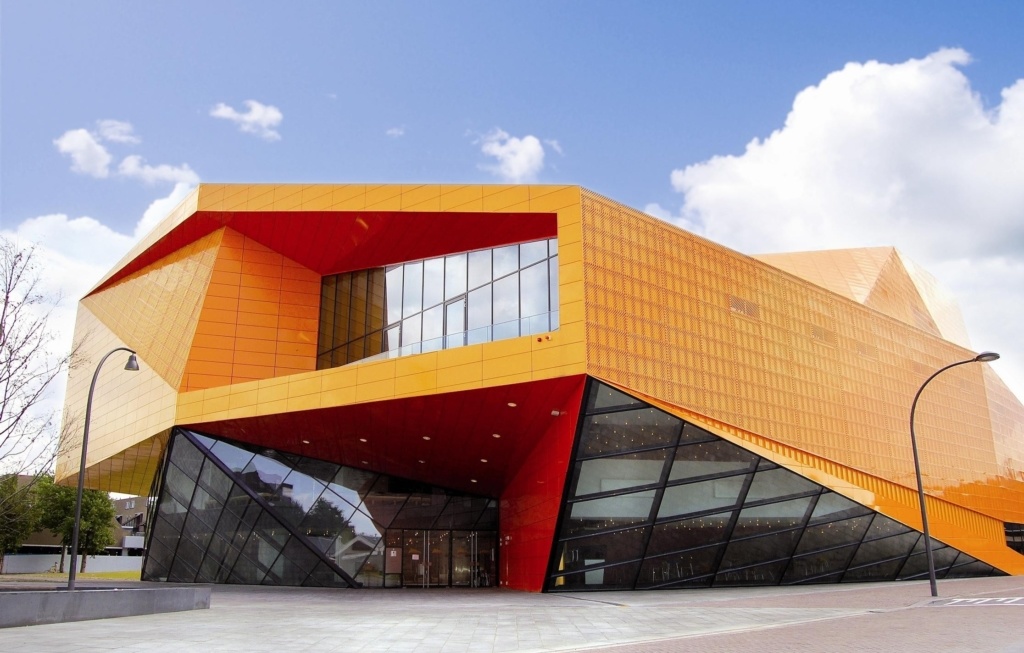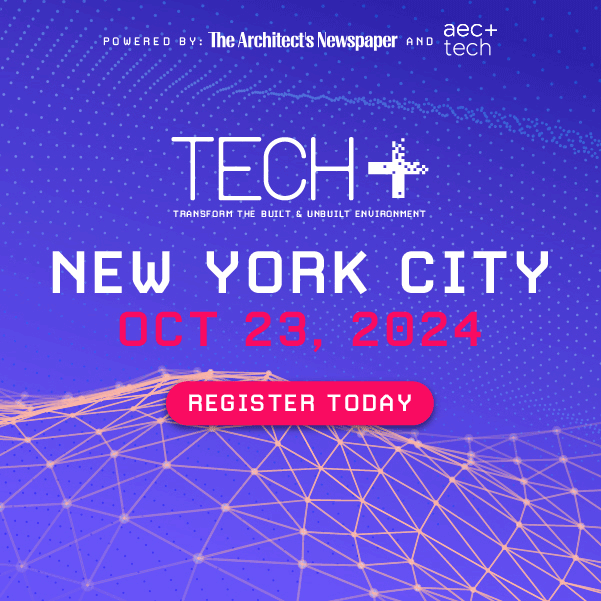UNStudio has spun off its own startup, UNSense, to focus on architectural technology and large-scale design problems. “UNSense is completely dedicated to sensory and speculative design,” UNStudio cofounder Caroline Bos told the British publication CLAD, “It’s quite exploratory.” UNSense, according to the company’s website, “combines design thinking and data technology” to create solutions at the scales of buildings, neighborhoods, and cities.
The firm has currently organized UNSense into two service sections: “Design\Strategies” and “Arch Tech Solutions.” UNSense’s Design\Strategies services are intended to help municipalities realize themselves as smart cities. “Sensorial technologies afford us the opportunity to fully understand how people use the city while living, relaxing, working, and commuting. Such data-based insights into human behavior can be used as a foundation to continuously improve and equip the city according to the needs of its users,” the company explained. Not merely speculative, it’s already at work with a number of Dutch cities, including Amsterdam, as well as abroad in Milan, Osaka, and Bangalore.
Other projects include feasibility studies to create a “living lab” out of a 100-house smart district in the Netherlands and tech-forward transformations around the Amsterdam Arena.
The Arch Tech Solutions are projects sometimes produced in collaboration with tech companies. Projects include UNSense’s recent Solar Visuals product, a photovoltaic cladding system developed as part of the Dutch Solar Design consortium and which won the Clean Energy Challenge put on by What Design Can Do this spring.
Like UNStudio, UNSense is conceived as interdisciplinary, and its staff and collaborators includes everyone from architects and urban designers to data scientists and philosophers. “At UNSense we don’t believe in technology for the sake of technology,” its website says. “We think the combination of data and design creates a powerful force to improve the living conditions for people, and to ultimately create buildings and cities that are more humane, healthy, clean, safe, sustainable, and benefiting the environment.”



